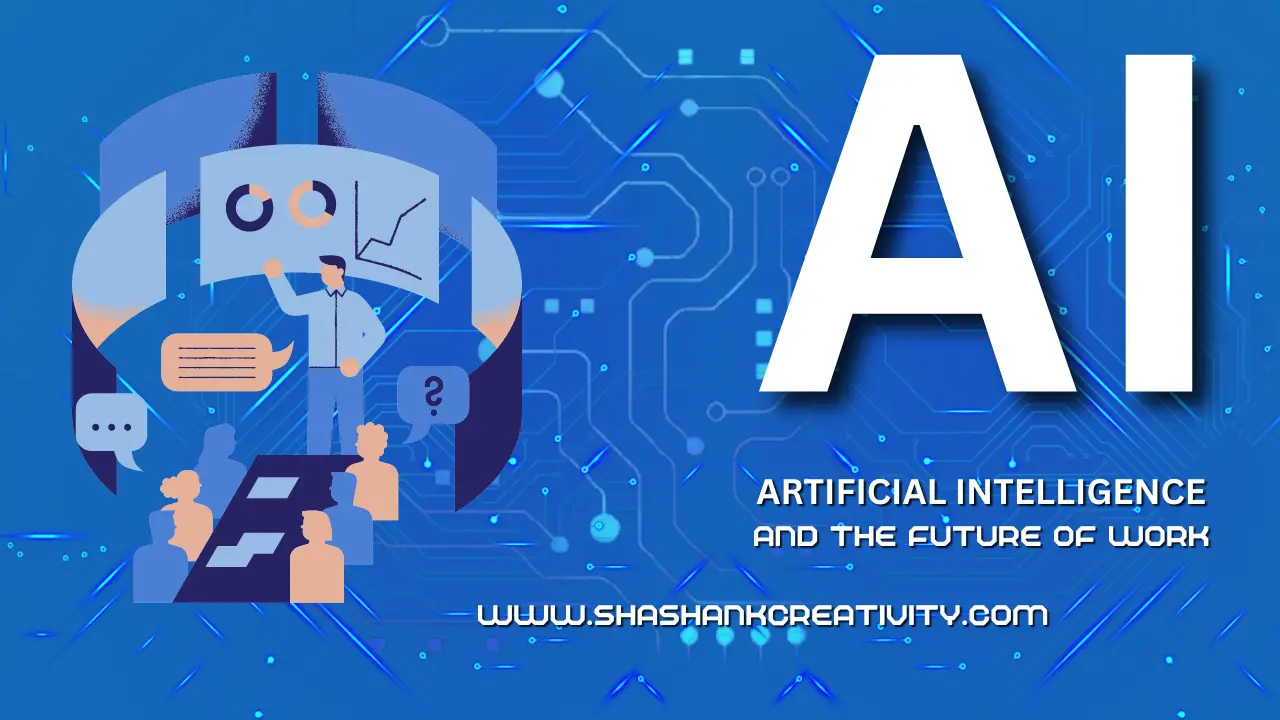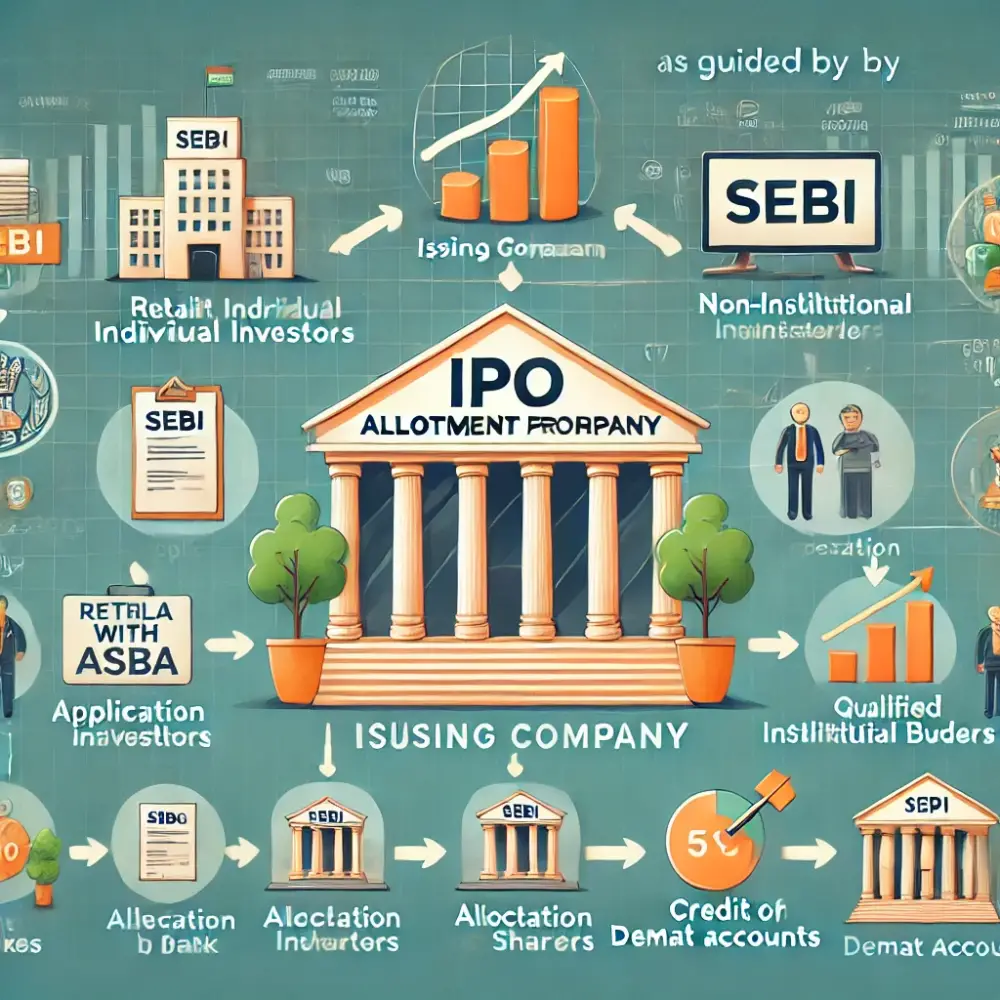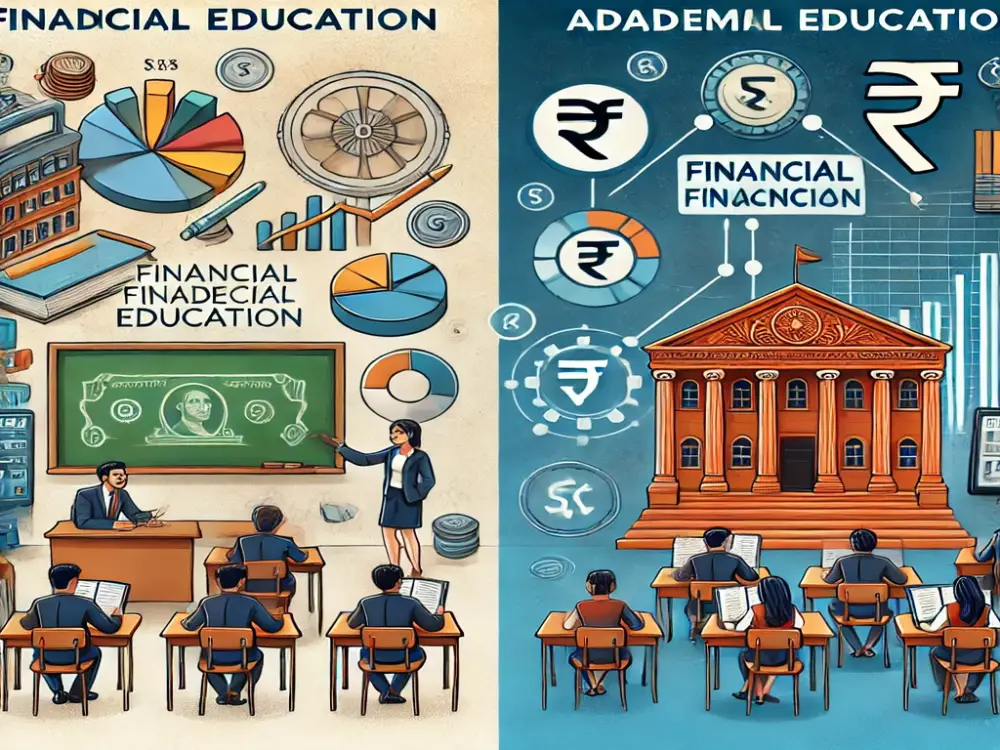Impact of AI in future job

Impact of AI in future job
The potential for AI to replace humans in certain tasks and industries is a topic of much debate and speculation. It is likely that in the future, AI will become increasingly capable of performing tasks that were once the exclusive domain of humans.
However, it is important to note that AI is not a replacement for human beings, but rather a tool that can be used to augment and enhance our capabilities.
AI has already demonstrated impressive abilities in fields such as image recognition, speech recognition, natural language processing, and decision-making.
These capabilities have the potential to significantly improve our lives by automating tedious or dangerous tasks, increasing efficiency, and providing insights that would be difficult or impossible for humans to achieve alone.
However, there are also limitations to AI, particularly in areas that require creativity, empathy, and social intelligence.
Human beings possess a unique combination of cognitive and emotional abilities that enable us to excel in these areas, and it is unlikely that AI will be able to fully replicate these abilities in the foreseeable future.
In summary, while AI has the potential to automate certain tasks and improve our lives in numerous ways, it is unlikely that it will ever completely replace human beings. Rather, AI should be viewed as a tool that can be used to augment and enhance our abilities, rather than as a replacement for them.
So is my job in danger because of AI
The impact of AI on the job market is a complex and controversial topic. While it is true that AI has the potential to automate certain tasks and make certain jobs redundant, it can also create new job opportunities and increase the overall efficiency of the workforce.
AI is particularly good at automating routine, repetitive tasks, such as data entry or assembly line work. This means that jobs that involve such tasks may be at risk of automation. However, jobs that require more creativity, critical thinking, and interpersonal skills are less likely to be affected by AI.
It is also worth noting that while AI can automate certain tasks, it cannot replace human judgement, creativity, and empathy. These are all important qualities that are valued in many jobs, and are difficult for machines to replicate.
In summary, while some jobs may be at risk of being automated by AI, the impact of AI on the job market is complex and nuanced. It is important to stay informed about the latest developments in AI and how they may impact your industry, but it is also important to remember that there are many factors that influence the job market, and that the impact of AI is just one of them.
what kind of job will be in demand in future
It's difficult to predict the exact jobs that will be in high demand in the future, as the job market is constantly changing and evolving. However, there are some general trends that are likely to shape the job market in the coming years.
-
Jobs related to technology: With the continued growth of technology, jobs in areas such as artificial intelligence, machine learning, cybersecurity, and data science are likely to be in high demand. These fields require specialized skills and knowledge, and are crucial for businesses and organizations to stay competitive in the modern world.
-
Healthcare jobs: As the global population continues to age, there will be an increased demand for healthcare workers, such as doctors, nurses, and home health aides. In addition, new technologies and treatments are constantly being developed, which will create new job opportunities in areas such as medical research and biotechnology.
-
Environmental jobs: As concerns about climate change continue to grow, there will be an increased demand for jobs in areas such as renewable energy, conservation, and sustainability. These fields will require skilled workers who can develop and implement new technologies and policies to address environmental challenges.
-
Jobs related to creativity and interpersonal skills: While technology will continue to automate certain tasks, there will always be a need for jobs that require creativity, critical thinking, and interpersonal skills. This includes jobs such as writers, artists, teachers, and counselors, which require human judgment and empathy.
In summary, jobs that require specialized technical skills, healthcare workers, environmental workers, and jobs that require creativity and interpersonal skills are likely to be in high demand in the future.




